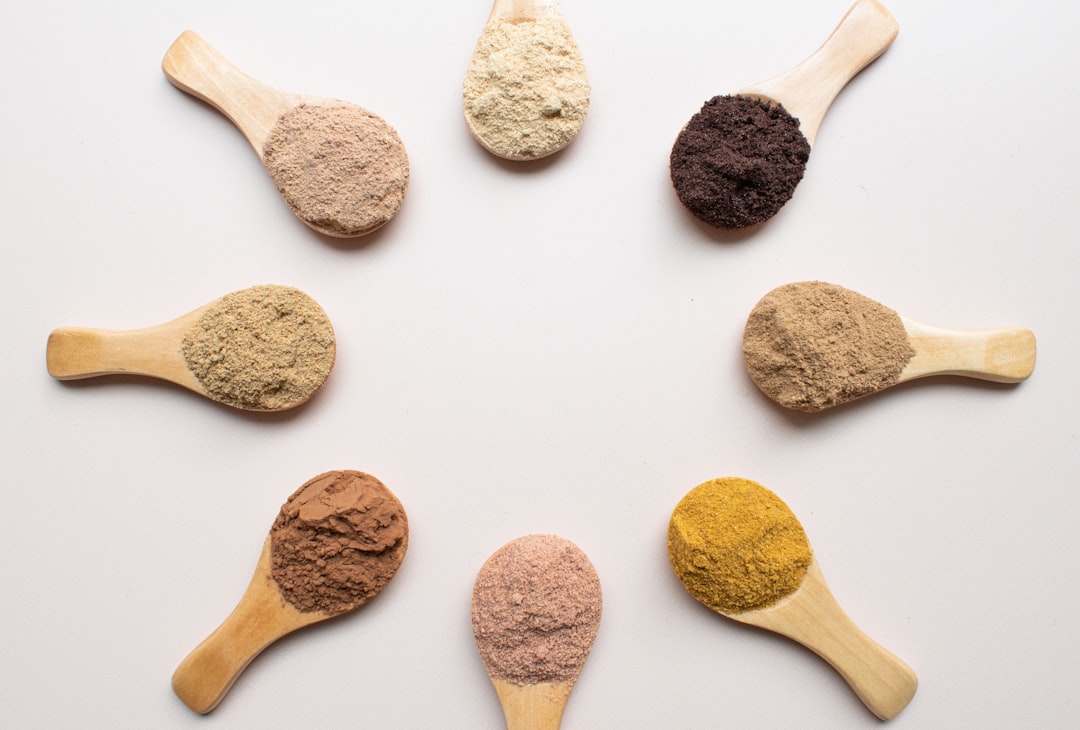Q: thoughts on "super foods"?
I was talking with friends the other day about a “super food” coffee creamer one of them had been using that contained powdered mushrooms, and we got to talking about what exactly made it a “super food” (aside from the huge writing of: SUPERFOOD on the packaging, lol). Lots of packaged food products these days are using that term on labeling to convince…



